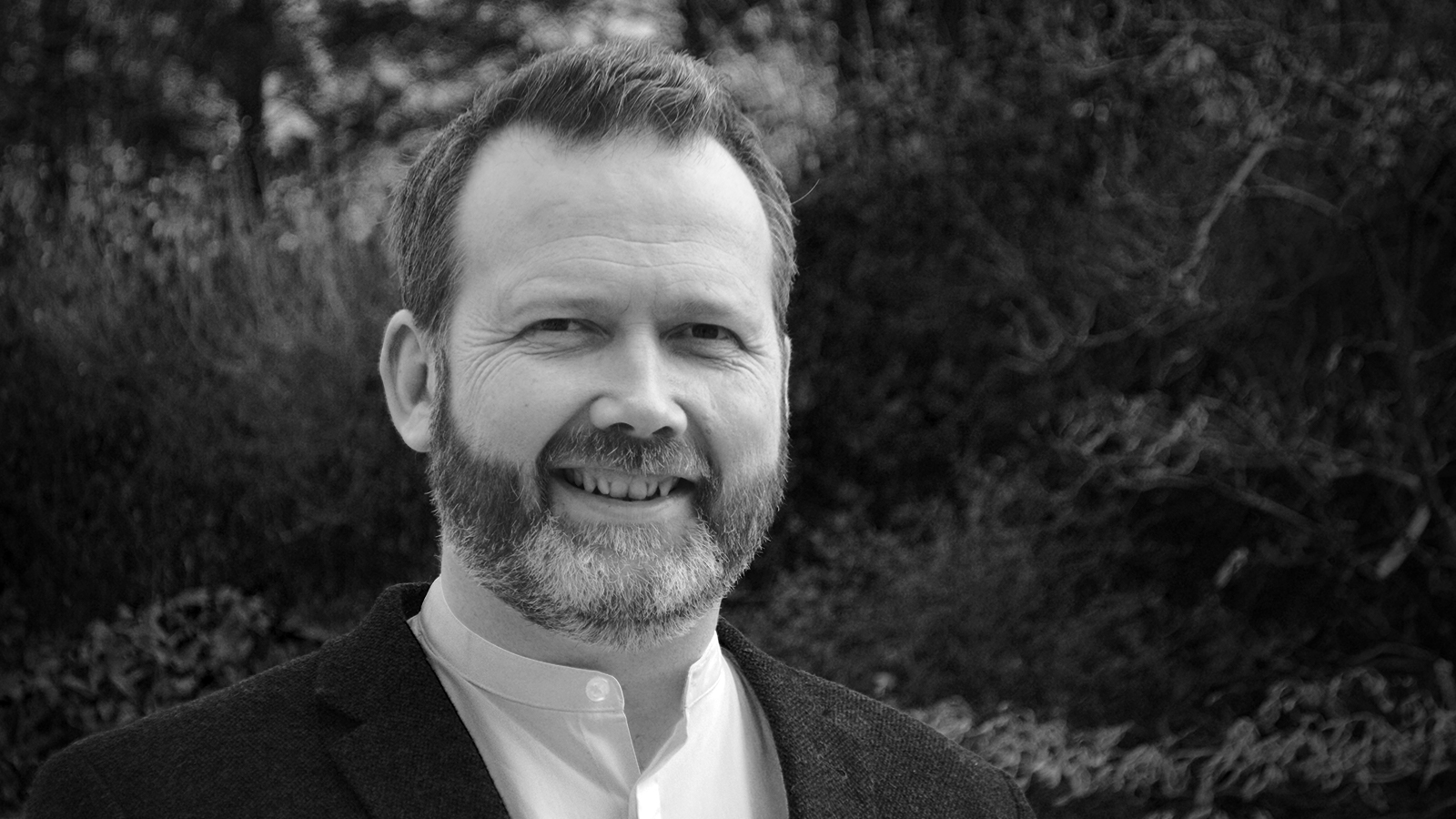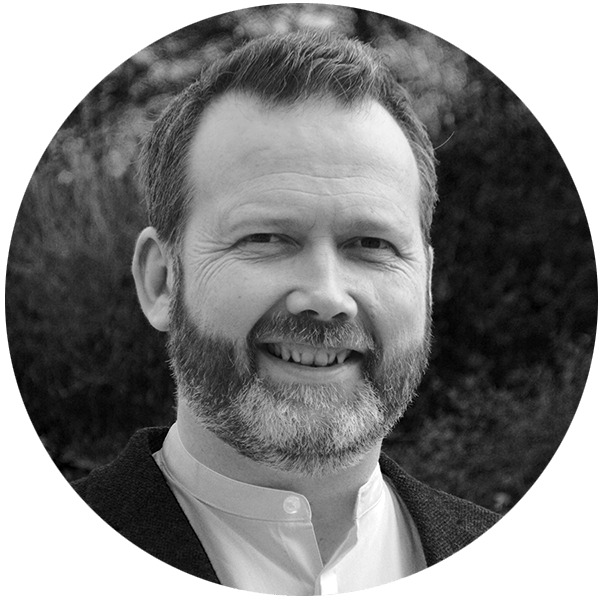
Collective wisdom, collective action
The type of movements that are affecting change in countries like Ireland, Spain and Taiwan are those that harness people’s collective wisdom and actions. Movements that get masses of people on the streets and allow people to organise in a local and a distributed way. Similar distributed organising methods are proving successful with movements like the Bernie Sanders campaign in the US and Momentum in the UK.
Distributed networks require radical transparency and inclusivity.
This type of organising mirrors the way that the web works, reflects the nature of the internet age. The web is a distributed network of individuals and groups connected together by threads of thought and conversation. This is how people are becoming used to collectively communicating and organising.
Meanwhile, many NGOs are still broadcasting and issuing controlling messages. As a result, they’re not having deep and meaningful conversations. They find those things difficult because of their structure and their history; they’re more familiar with tools like direct mail and television: one-way forms of communication.
Distributed networks require radical transparency and inclusivity. NGOs’ structures and culture generally don’t allow this.
Collective intelligence
There’s a collective intelligence in society that can be tapped into through distributed organising. Solicitors, psychologists, artists, writers, all bring creative ideas about how to understand how people are motivated and how to bring about change. All these kinds of people have been involved in decentralised movements in Spain.
There’s a collective intelligence in society that can be tapped into.
Organisations, on the other hand, are typically hierarchical structures that don’t embrace this form of crowdsourced intelligence and knowledge. They hire people in, but often after the organisation has decided what path to take. As a result, experts that are brought in often advise on how to take a predetermined path, rather than suggesting different, innovative paths.
Digital crowdsourcing
Digital technology allows things such as crowdsourced knowledge and funding. This is already working really well online, and it’s in line with how people act and think in the internet age.
In Spain, crowdsourced information about banking and political corruption is leading to prosecutions. Interesting things are happening with cooperatives: New Internationalist is owned by its workers and 3,600 investors. Right2Change in Ireland is exploring a new citizen-owned news outlet using crowdsourced information as well as crowdsourced funding.
NGOs’ reluctance to change
NGOs’ reluctance to embrace distributed organising and communication is largely driven by the fear of losing power and control. Hierarchical structures, with top-down decision making, planning and communication are at risk of losing connection with supporters, if they haven’t done so already.
NGOs are often funded by governments, providing services and receiving funding to provide these services. This hierarchy of relationships and dependency can influence and control how NGOs behave. Their language becomes all about forming partnerships with these interests, rather than challenging them. This limits their ability to campaign or mobilise in an effective manner and rules out the type of decentralised, localised, bottom-up organising that can be effective at creating change.
Listening and learning, not controlling
Many treat conversation as a metric of their influence rather than a way to listen and learn. Too often, listening means finding out how to present what we want to deliver in ways that makes it acceptable to our audience. Most see power, control of narratives and messages as things to hold onto rather than impart to supporters.
When you’re losing control, that’s when it’s really working.
NGOs fear losing control, but with online campaigns, when you’re losing control, that’s when it’s really working. It means people are engaged, doing their own thing, interacting with each other. People creating their own actions means they own the issue, but that’s often a worry for established organisations.
Some organisations are embracing crowdsourced, distributed ideas and techniques. Greenpeace, for example, has done interesting things with crowdsourced, decentralised ways of organising campaigns. But to bring about change, most NGOs need to focus less on the benefits to their own organisation and more on actively empowering those who support them.

Eugene Flynn is director of possibilities at 54 Degrees. He is a digital campaign strategist and a user experience designer.
